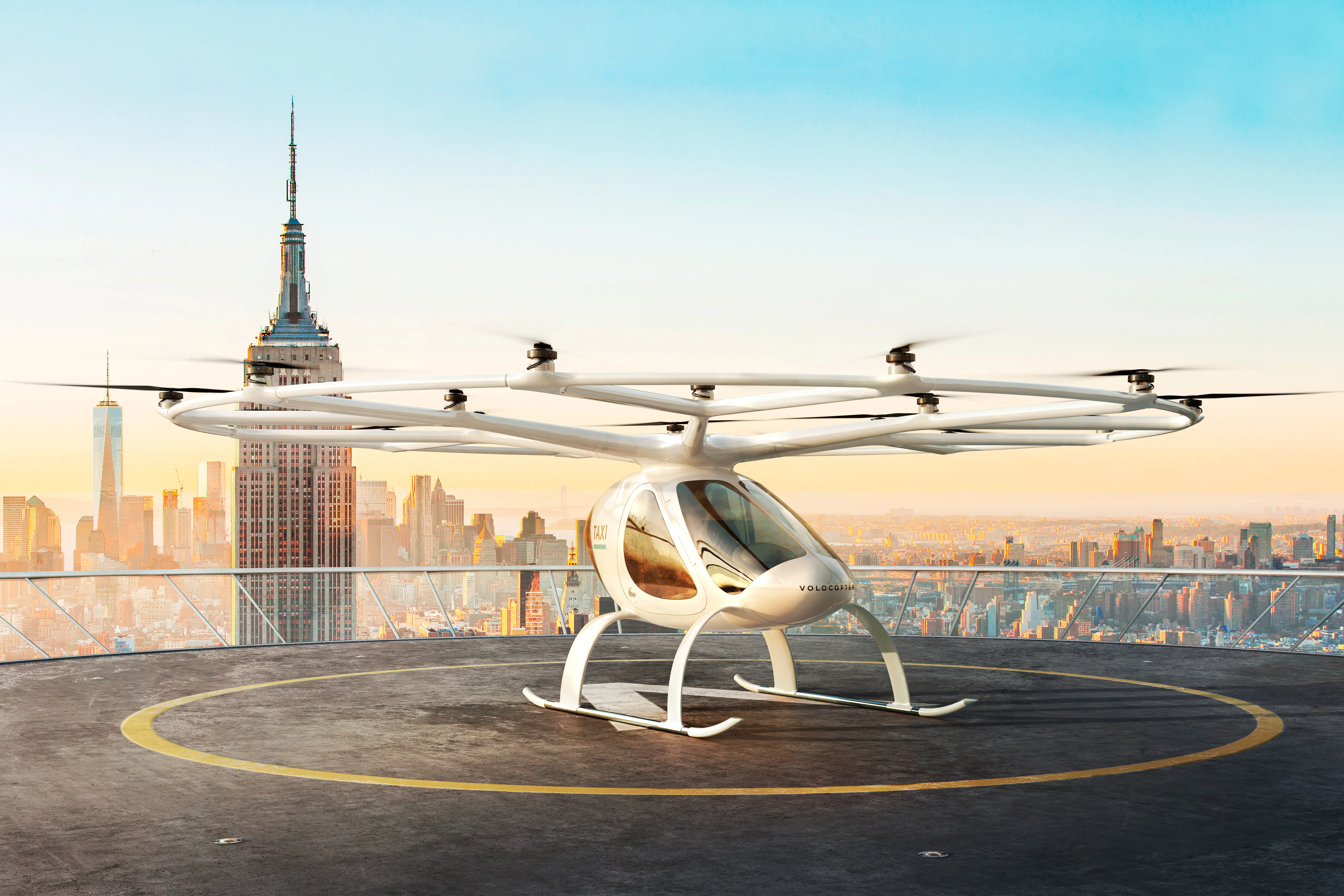IBM has announced that two industry leaders, Asahi Kasei and Central Glass, will join its Battery 500 Project team and collaborate on far-reaching research with the potential to accelerate the switch from gasoline to electricity as the primary power source for vehicles. In 2009, IBM Research pioneered a sustainable mobility project to develop lithium-air battery technology capable of powering a family-sized electric car for approximately 500 miles (800 km) on a single charge.
April 23, 2012
Read time: 2 mins
In 2009, IBM Research pioneered a sustainable mobility project to develop lithium-air battery technology capable of powering a family-sized electric car for approximately 500 miles (800 km) on a single charge.
As partners in the Battery 500 Project, Asahi Kasei and Central Glass bring decades of materials innovation for the automotive industry to the team. They will expand the project's scope and, although the scientific and engineering challenges to its practical implementation are extremely high, exploring several chemistries simultaneously increases the chance of success.
Asahi Kasei, one of Japan's leading chemical manufactures and a leading global supplier of separator membrane for lithium-ion batteries, will use its experience in innovative membrane technology to create a critical component for lithium-air batteries.
Meanwhile, Central Glass, a leading global electrolyte manufacturer for lithium-ion batteries, will use its chemical expertise in this field to create a new class of electrolytes and high-performance additives specifically designed to improve lithium-air batteries.
"These new partners share our vision of electric cars being critical components of building a cleaner, better world, which is far less dependent on oil," said Dr. Winfried Wilcke, IBM's Principle Investigator who initiated the Battery 500 Project. "Their compatible experience, knowledge and commitment to bold innovation in electric vehicle battery technology can help us transfer this research from the lab onto the road."







